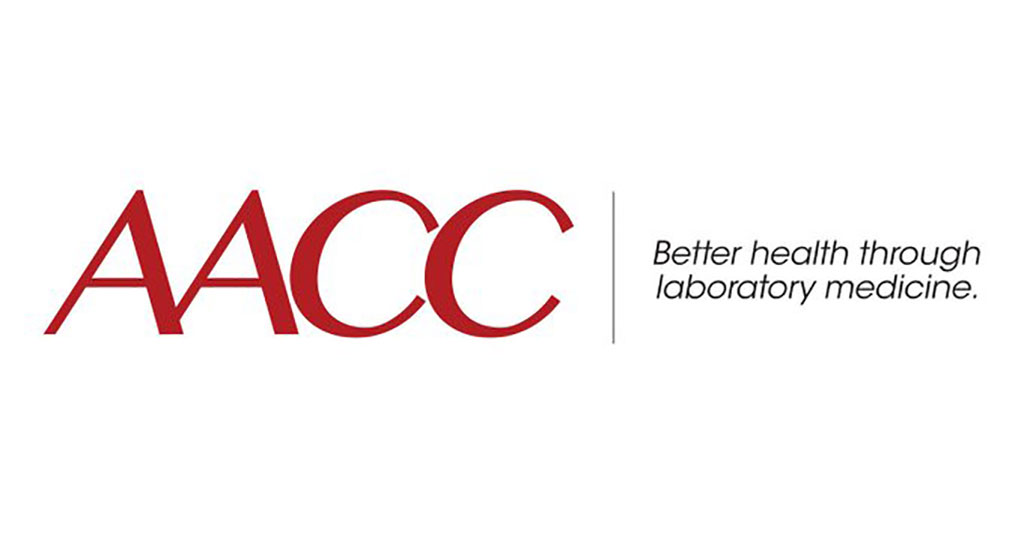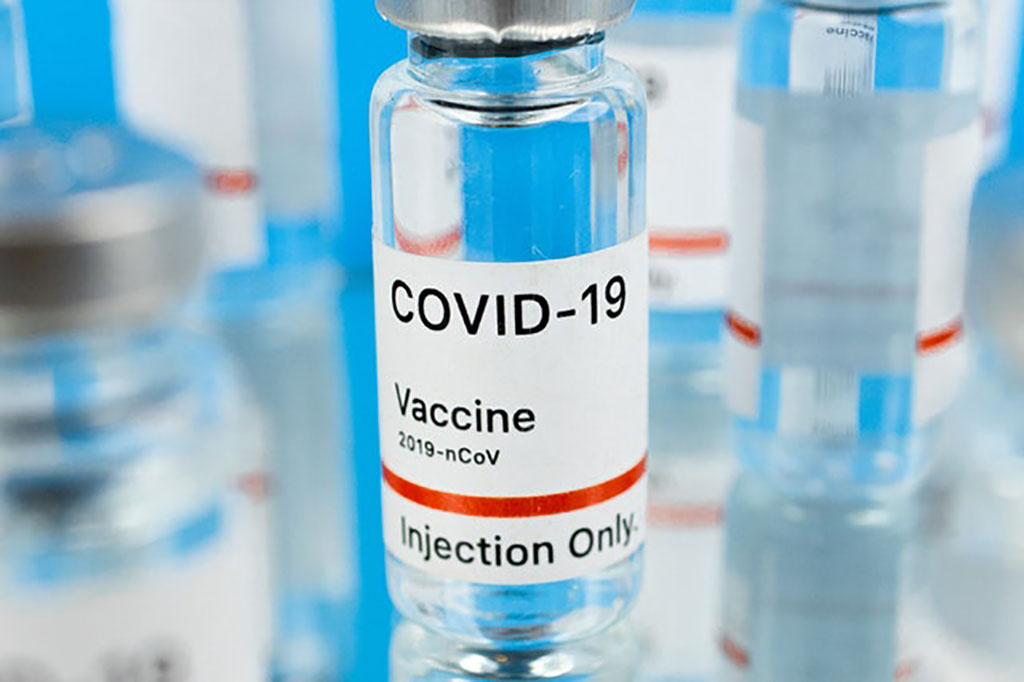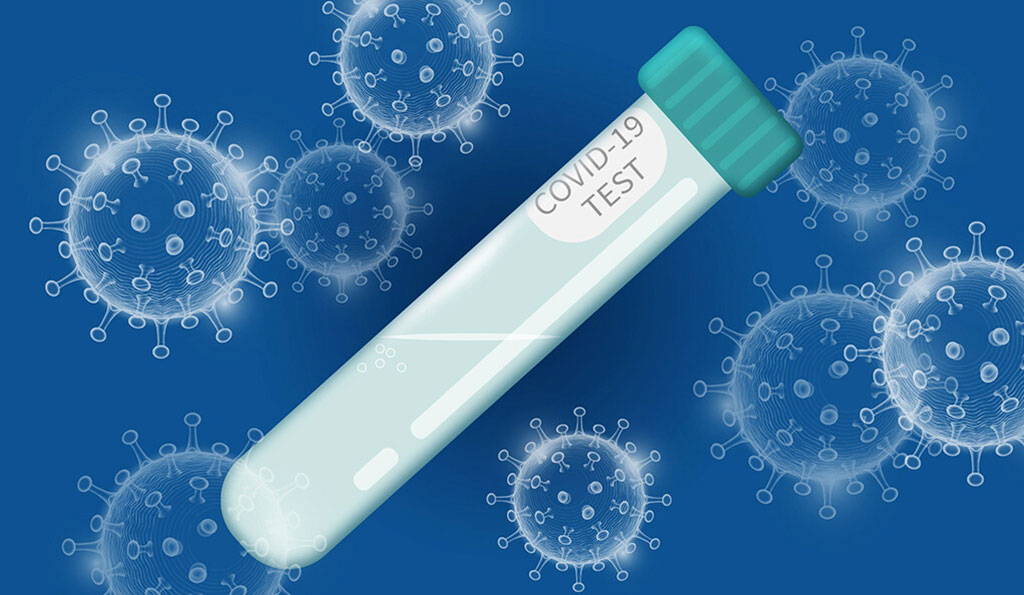Novel Insights on COVID-19 Vaccines and Virus Evolution, AI in the Clinic, and Miniaturization of Diagnostic Platforms Explored at AACC 2021
Posted on 29 Sep 2021
At the 2021 AACC Annual Scientific Meeting & Clinical Lab Expo, laboratory medicine experts presented the cutting-edge research and technology that is revolutionizing clinical testing and patient care.
From September 26-30 in Atlanta, Georgia, the meeting's 200-plus sessions delivered insights on a broad range of timely healthcare topics. Highlights of these included discussions exploring COVID-19 vaccines and virus evolution, research lessons learned from the pandemic, artificial intelligence (AI) in the clinic, clinical translation of engineered microsystems, and improvements to treatments for cystic fibrosis. Additionally, at the Clinical Lab Expo, more than 400 exhibitors displayed innovative technologies that are just coming to market in every clinical lab discipline.

COVID-19 Vaccines and Virus Evolution. SARS-CoV-2 is an RNA virus that easily mutates, and mutants that are not suppressed by the immune responses generated from prior infection or vaccination can then become dominant strains. In this plenary session, Dr. Margaret Liu, CEO of PAX Therapeutics and Chairman of the Board of the International Society for Vaccines, shed light on whether the vaccines to fight this virus need to be able to neutralize newly arising strains, or if SARS-CoV-2 vaccines need to be remade annually like the flu vaccine to try to correspond to the current clinical circulating strains.
COVID-19 Research: Lessons Learned. The COVID-19 pandemic led to enormous scientific progress in a short time, and the development of the vaccines and the understanding of the virus happened at unprecedented rates and with great success. However, the effects of the pandemic have been dramatic on the scientific workforce, on the speed with which publishing has occurred, and on the ability to build public trust in science. In this plenary session, Holden Thorp, PhD, Editor-in-Chief, Science Family of Journals, addressed the need for the scientific community to come together to face the enormous challenges posed by the need for greater trust in science in the public in the U.S. and beyond.
AI in the Clinic. In the meeting's opening keynote, Dr. Regina Barzilay, School of Engineering Distinguished Professor for AI and Health at the Massachusetts Institute of Technology, explored the fact that, by nature, many traditional clinical tasks such as risk assessment, prediction of treatment efficacy, and forecasting patient trajectory can be thought of as prediction problems. Given sufficient amounts of patient data with outcomes, a machine learning model can make predictions which often exceed human experts in accuracy. However, to make these tools more applicable in the clinical setting, there is a need to augment AI models with the ability to explain their decisions to humans, and assess their uncertainty.
Changing Lives of Patients with Cystic Fibrosis. Over the past 30 years, there has been a remarkable expansion in understanding of the genetic basis, molecular biology, and pathophysiology of cystic fibrosis resulting from loss of cystic fibrosis transmembrane regulator (CFTR) protein function. The most extraordinary accomplishment has been the international effort of patients, families, clinicians, scientists, and non-profit foundations to translate this scientific knowledge into approved therapies, known as CFTR modulators, that are transforming the lives of individuals with cystic fibrosis. This plenary session included two perspectives: that of Bonnie Ramsey, MD, Endowed Chair in Cystic Fibrosis Research at the University of Washington School of Medicine, who participated in the clinical development of this class of drugs, and that of Caley Mauch, a person living with cystic fibrosis, who described the impact of this therapy on daily life.
Miniaturization of Diagnostic Platforms. In this, the meeting's closing keynote, Dr. Wilbur A. Lam, W. Paul Bowers Research Chair and Chief Innovation Officer, Pediatric Technology Center at Emory University/Georgia Institute of Technology, discussed microsystems-based COVID-19 diagnostics and his own lab's recent advances in miniaturization of diagnostic platforms, with a focus on hematology and hemostasis/thrombosis.
"If the pandemic has shown us anything, it is laboratory medicine's capacity to adapt to changing healthcare circumstances and use the field's scientific insights to improve quality of life. This capacity is constantly growing, with cutting-edge diagnostic technologies emerging every day in areas as diverse as SARS-CoV-2, artificial intelligence, cystic fibrosis, and miniaturization," said AACC CEO Mark J. Golden.













